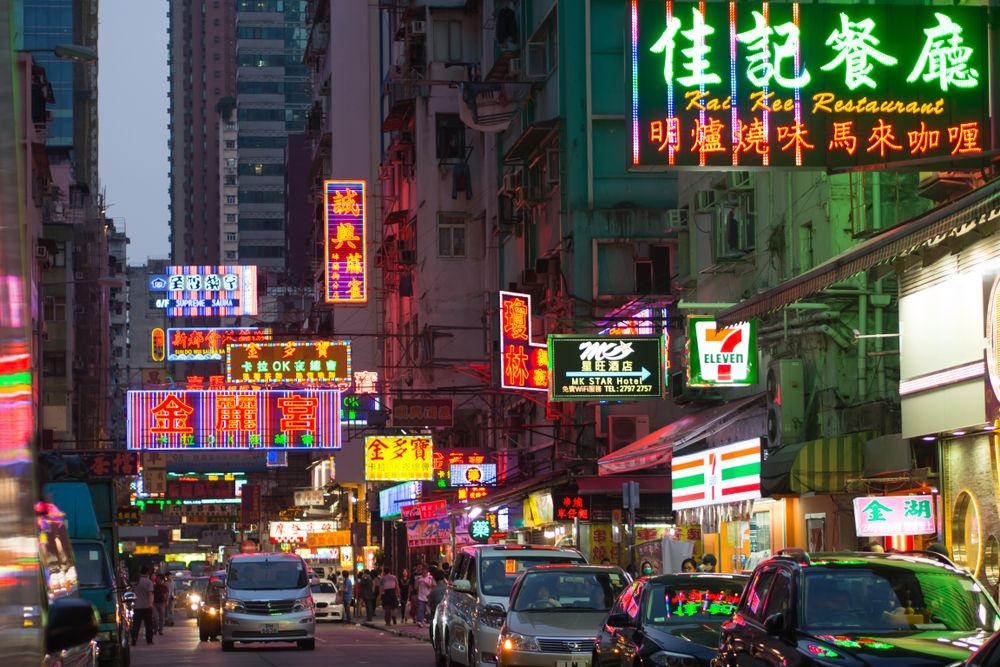China toughens rules for pawn shop lending
Pawners in the mainland oft-use real estate as collateral

The central Chinese government is tightening regulations over pawn shops in a bid to gain more oversight of the shadow banking industry and the rise of property-backed loans used for undisclosed purposes, Bloomberg reported.
Having taken over jurisdiction of pawn shops from the Ministry of Commerce last year, the China Banking and Insurance Regulatory Commission (CBIRC) is drafting new rules that will, among others, raise the minimum capital requirement for pawn shops from its current level of CNY3 million (USD447,000).
The plans are the latest in Beijing’s more than two-year campaign to place the country on solid financial footing and crack down on the USD9-trillion shadow banking industry.
More: A tale of two tiers in China
Chinese pawn shops extended the equivalent of USD43 billion in loans in 2017, often to small businesses. While they come at higher interest rates than those from banks — Shanghai lending rates typically go for a staggering 24 percent annually — pawn shop loans do not require small business owners to disclose the purpose of the funds.
More than half of loans extended by pawn shops in 2017 were property-backed. Shops typically compel pawners to pledge 40 percent of the value of their apartments as collateral.
Pawn outlets in recent years have come to accept other collateral such as stocks, luxury watches, jewelry, and automobiles.
Chinese pawn shops now number more than 8,500, double the figure in 2010, Bloomberg noted.
Recommended
Why everyone is moving to Selangor and Johor: Malaysia’s real estate comeback
Malaysia’s upturn in fortunes is especially prevalent in secondary destinations such as Selangor and Johor
Penang’s silicon boom: How the US-China tech war is supercharging local real estate
Penang’s booming semiconductor industry has created ripples within the local real estate sector
New leader, new opportunities: How Hun Manet is shaking up Cambodia’s real estate game
Hun Manet is overseeing decent economic growth and widening access to the country’s real estate market for foreigners
Singapore embraces inclusive housing reforms amid resilient demand
The Lion City’s regulatory strength continues to exert appeal for international investors








